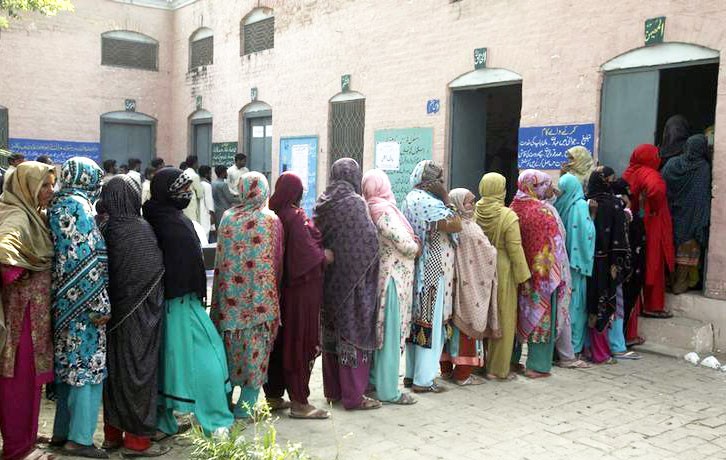
Our problems continue to exist, and the funds for development rarely reach us

In its monumental decision in March 2014, the Supreme Court of Pakistan ordered the government to ensure that the local government elections be conducted. I was watching the newsbreak on television. Every news channel was in frenzy. The local government elections were finally to be held. As a student of political science, I thought of the Local Government Act, 1894 and questioned whether the time of the middle class had come. Local government elections in Lahore were held in the latter half of 2015.
I remember being jubilant about the fact that the provincial governments would finally devolve power to the grassroots. This would, at least in theory, mean that the middle and lower classes of my city would have a more equitable share when it comes to the distribution of public goods. In addition, people like me or our chosen representatives would have some share in the management and provision of solutions to local issues.
Local governments were consequently formed and a façade of devolution of power and rule of the people was propounded in the media. The truth, however, was contradictory and easily comprehensible: the LG polls in Lahore only created more rulers. The citizens are witness to a plethora of road networks and infrastructure development, which in itself is mired by news stories and court cases highlighting alleged embezzlement. This addition to the ruling class has further burdened the already depleting public exchequer of the country.
The purpose of forming local governments is the provision of solutions to local issues at the local level. In order to achieve this with considerable success, the elected officials (in a local government) must be provided with adequate development funds. Sadly, the development funds for Lahore are still divulged to members of the national and provincial assemblies instead of being handed over to the elected local government officers. This has resulted in political support for the reigning elite but is of adverse consequence to the local population. Our problems continue to exist, and the funds for development rarely reach us.
It is also worth mentioning that the identification of problems and subsequent policy solutions that should start at the grassroots are initiated from the very top -- i.e. the chief minister and his cabinet. This means that from a practical point of view, the provincial government continues to firmly hold on to subjects that must be under the purview of the local government of Lahore. For example, schools, hospitals and libraries.
An issue that arises at the street level and must be highlighted is the relationship between law enforcement and the general public. The police department of Punjab is headed by a central provincial command that is directly responsible to the provincial cabinet or, realistically speaking, the CM. With a local government setup in Lahore, this only adds to the prevailing confusion in the administrative structure. Our local government can do little or maybe nothing substantial when it comes to law and order, and providing the local population with justice.
I am reminded of London’s local government which is responsible for policing, strategic planning, fire services, schools, local services, social services, roads and most aspects of economic development. Lahore’s paints a dismal picture in sharp contrast. Policies related to all of the abovementioned subjects are planned, initiated, paid for, and mostly executed by the provincial government, thereby rendering the local government useless.
The solution to this undesirable solution is to give over local subjects completely to the local government. In addition, adequate funds must be provided to the local government as they are better aware of local problems and can use the funds more equitably than the provincial government. Also, legal authority must be accorded to the local government and departments such as the police must be decentralized. If this is not done then Lahore’s local government will continue to remain toothless and an added liability to the public exchequer.